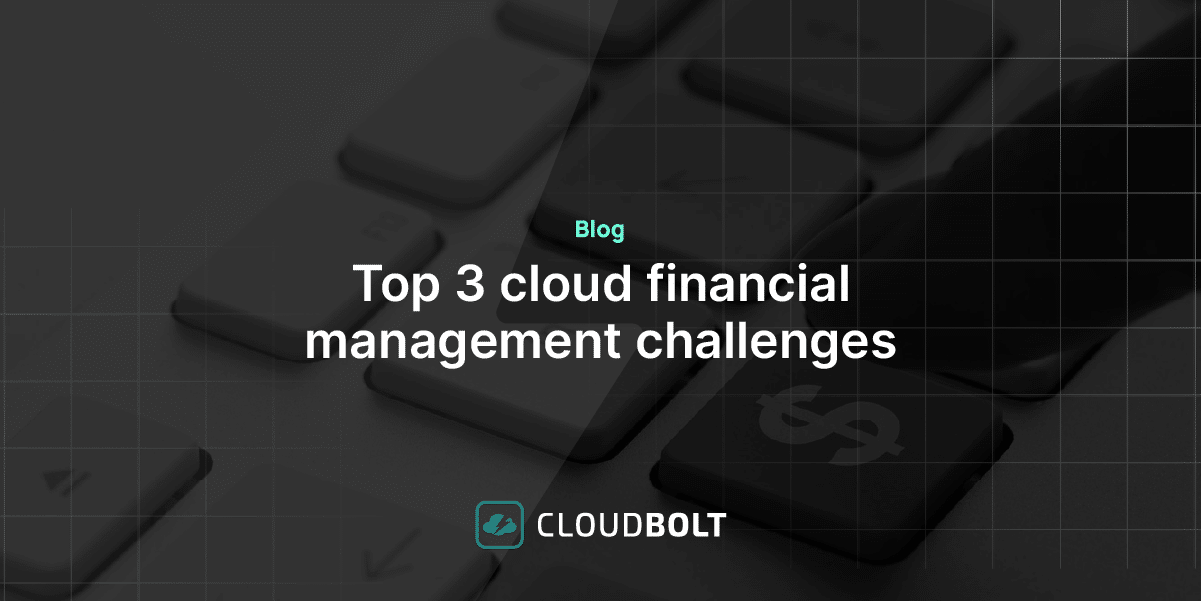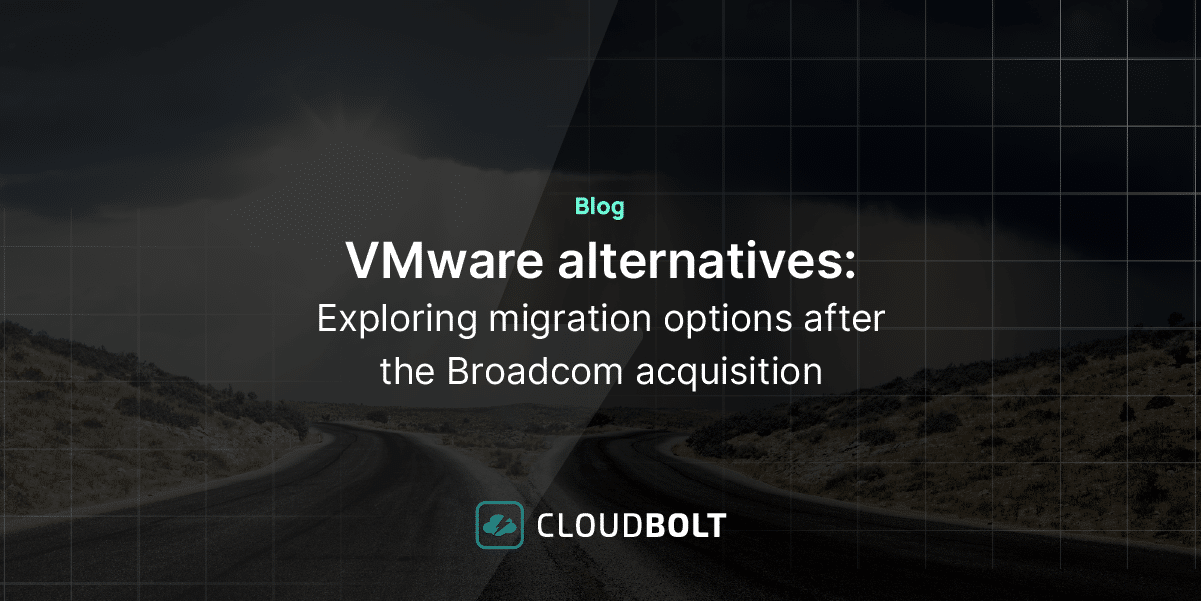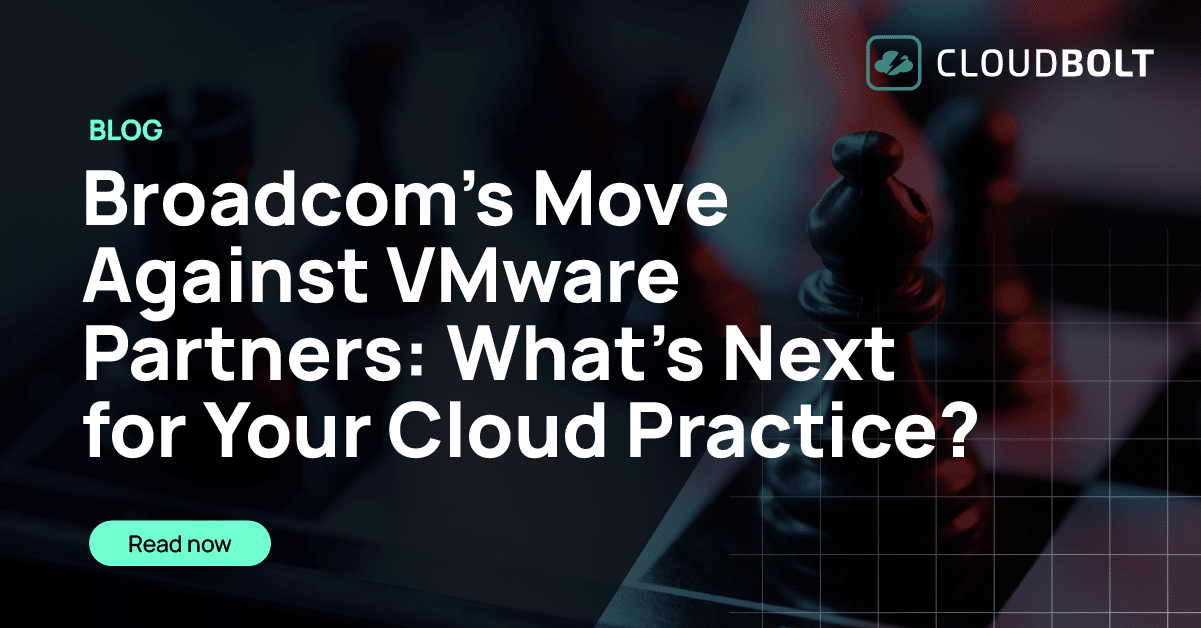
A cloud management platform (CMP) is part of a larger cloud fabric orchestration strategy that typically helps enterprise IT control and manage the consumption of IT cloud-computing resources from a central location for end users. The idea is that there’s a lot of complexity that needs to be controlled. There are so many ever-changing on-premises, private cloud, and public cloud resources to update, manage, and deliver.
You can think of it like who gets what in a large school cafeteria. Some get the planned meal in a serving line. Some kids bring their own lunch but might buy a snack or a drink. There might be a salad bar or an a la carte section where you order a sandwich. Payment happens with pre-paid lunch cards, voucher cards for guests or kids on free lunches, and then, of course, the typical cash payment options.
A CMP has to manage complexity much the same. It’s about choices, who gets what, and how do they pay.
Here’s a brief summary of the key aspects of an enterprise CMP:
- Provisioning — Create, modify, and delete resources and orchestrate provisioning workflows and management operations
- Requests — Collect and fulfill requests from internal users to access cloud services or deploy cloud resources
- Monitoring — Monitor the performance and availability metrics as well as the intelligence to analyze data to prevent incidents or automate incident resolution
- Inventory — Discover and maintain an inventory of cloud resources as well as the ability to monitor change and manage configurations
- Cost — Track and optimize spend on an ongoing basis as well as to align resource capacity to actual workload demand
- Migration — Replicate data to migrate workload, implement business continuity (BC) or disaster recovery (DR) architectures, or protect data against accidental deletion or malicious activity
- Security — Manage and secure access to cloud services as well as to enforce a security configuration baseline
- Packaging — Deliver cloud management functionality to end users
Enterprise IT must consider the pros and cons of adopting a CMP that can handle the diverse environments from both a legacy IT infrastructure and private and public cloud resources. They should also consider their new digital business objectives enabled by provisioning and orchestrating IT resources from one or more environments, such as Microsoft Azure, Amazon Web Services (AWS), Google Compute Engine (GCE), Nutanix Acropolis, or VMware.
The most significant value that enterprises can gain from a CMP is to enable cloud fabric orchestration that is vendor agnostic and can connect and deliver all these resources to the end user. It is an easy way to get what you need quickly without getting bogged down in the process, and a step towards ensuring you get the visibility, control, and automation you need to keep cloud waste to a minimum and increase cloud value.
If you’re interested in getting the absolute most out of your cloud environment, a good CMP should be a part of your overall strategy to maximize your cloud ROI.
Ready to take your CMP to the next level? Request a demo or learn how CloudBolt can help solve your cloud ROI problem.
Related Blogs

Top 3 cloud financial management challenges
Introduction As cloud costs continue to rise, comprising an ever-larger share of IT budgets, there is increasing executive scrutiny on…

